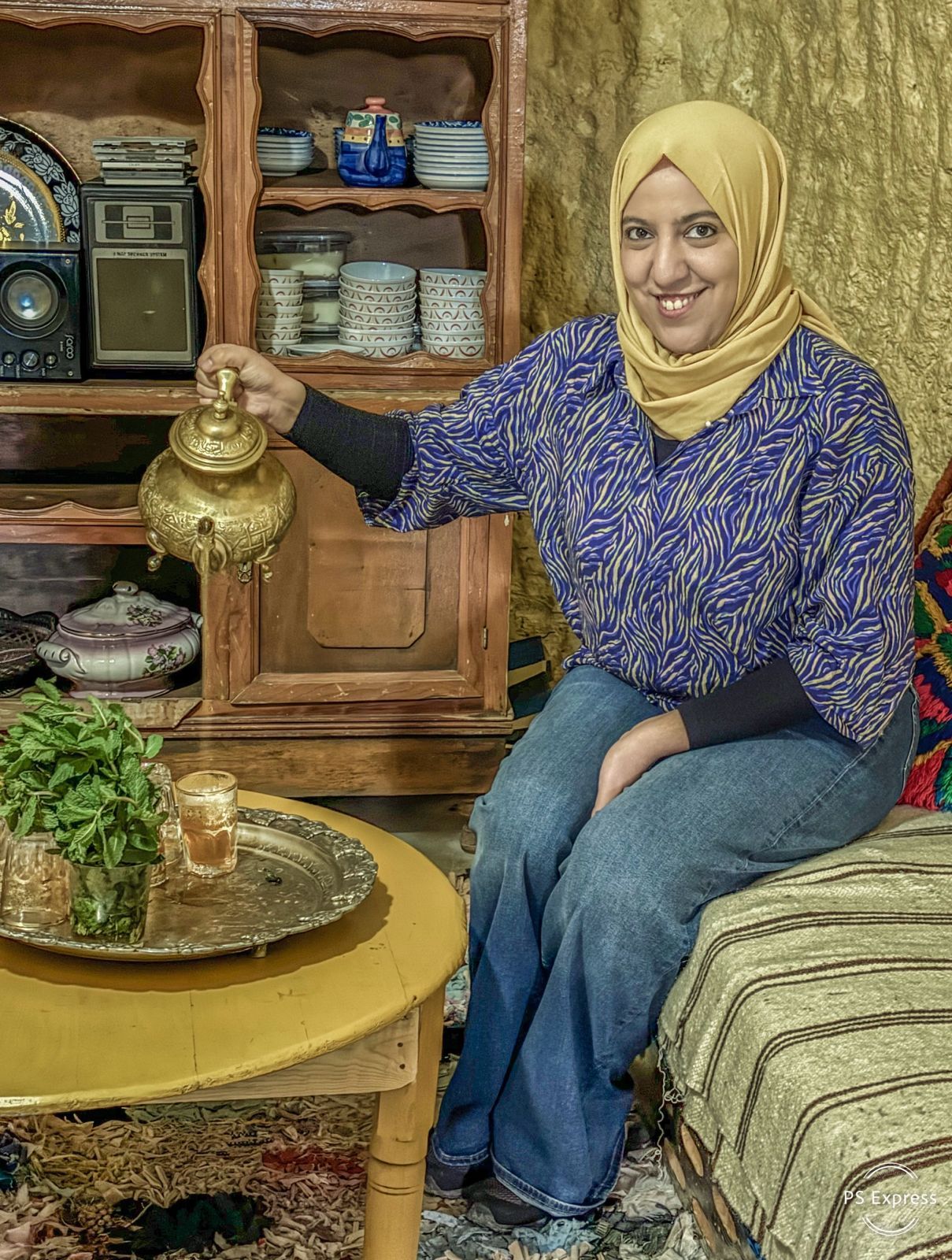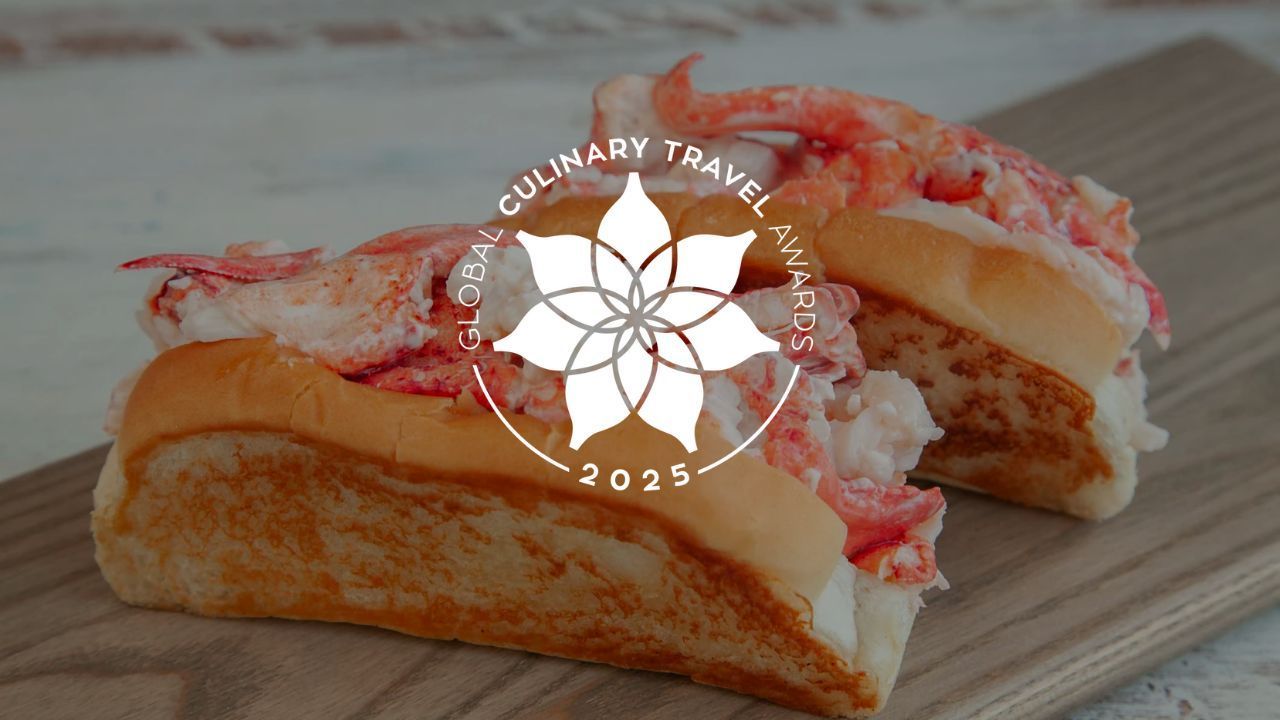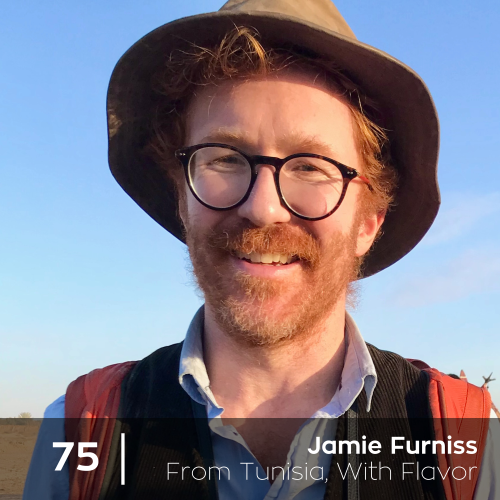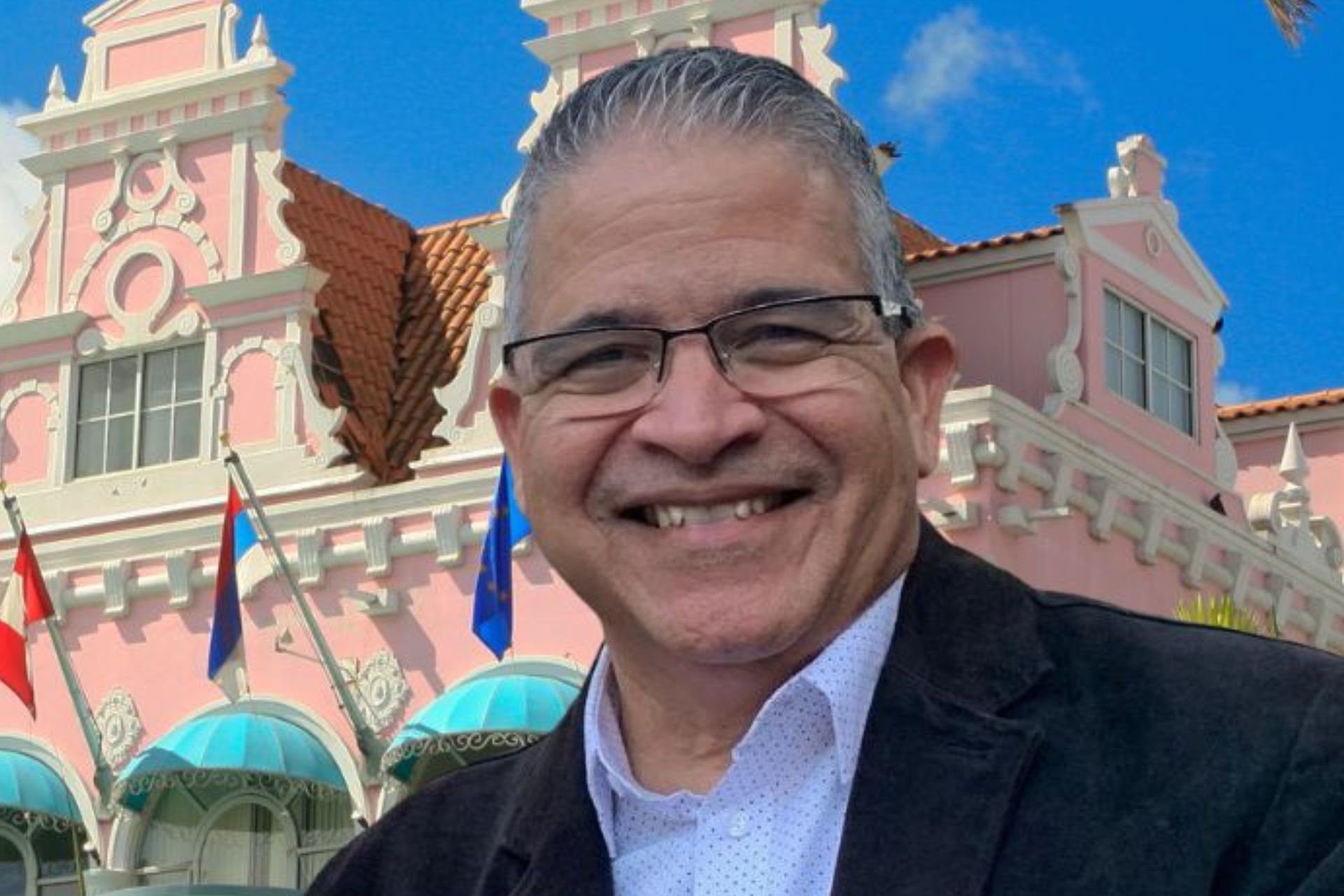The Undeniable Relationship Between Food Tourism and Plastic
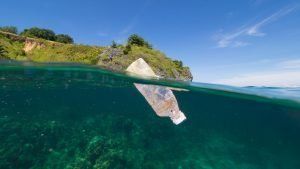
The sun is burning hot, so you decide to take a plunge into the clear, crispy, sapphire water. Underneath the surface you are greeted by the extraordinary blue world, and through your snorkelling mask you spot multi-coloured fishes and corals, a turtle gliding by, and … a face mask? Turning your head, you spot a latex glove resting on the seabed next to the colony of sea urchins. You get up back on the beach to return to your towel. The sand feels like velvet, but suddenly you step on something sharp – a plastic bottle cap! The vendor passing your spot in the sand offers you ice cold watermelon juice in a plastic mug with a plastic straw, and hands it over wearing latex gloves for hygiene purposes. Upon receiving the mug, you take out your sanitizer gel to squeeze some alcohol from the plastic mini-container, just in case.
In the modern world of today, we are surrounded by plastic. We purchase all kinds of beverages in plastic bottles and most of our fruit and vegetables are sold wrapped in plastic. Most consumers are aware that we have a plastic problem, and every day new inventions and creative ideas help us find ways to avoid overusing plastic. However, with the recent arrival of COVID-19, our newest sanitary threat, some of our much-needed progress has reverted. The global pandemic brought a false sense of confidence in sanitation. The use of plastic increased not, only for our health professionals, but for every individual obliged to wearing face masks, and in some cases even disposable gloves, in public.
The tourism and hospitality sectors are responsible for a large use of plastic, although awareness is created among more companies and stakeholders every day! The organisation Travel without Plastic describes how customer perception and expectation is one of the main reasons why hoteliers might find it challenging to introduce changes such as exchanging some plastics for alternative materials, as their fear is losing clients over it.
Today the pandemic situation demands disposable items to be used, sometimes for good reason, but the plastic use has therefore increased immensely, and the ‘Covid waste’, as reported by the Guardian in June, are filling our tourist destinations with dirty, used items such as face masks, latex gloves and sanitizing gel bottles. The World Health Organisation (WHO) actually recommends washing of the hands before choosing to use single-use plastic gloves, as gloves have been found to provide false security, which in turn leads to people washing their hands less. More plastic is not a sanitizing method in itself!
8 million tonnes of plastic end up in the ocean each year (David Attenborough on BBC Blue Planet – 2018)
The invention of plastic in the beginning of the 20 th century revolutionized the world. As a matter of fact, plastic was once considered to be the saviour of the natural world, as items could be created with a synthetic, man made material where often animal products like elephant tusks and tortoise shells previously had served. Let’s not forget these additional positive outcomes from the invention of synthetic materials – in the health care sector we now have blood transfusions, operating materials, syringes and more. The logistic and supply chain industry has undoubtedly benefited from packaging solutions, both protective packaging for frail and delicate materials, as well as packaging for food products to last longer, and overall, for less weight. Imagine how much weight an airline has saved on one single flight only by substituting hardware cutlery and tableware with plastic options?
What can our tourism industry do instead?
As previously mentioned, we are all aware of the threat that plastic is posing to the environment and damage it does. Many food and beverage companies have already adopted bamboo plates and coconut bowls when serving street food or take-away. I don’t know about you, but I think it is pretty neat having my curry with rice served in a banana leaf package.
I was also pleasantly surprised when I was handed a hard-plastic mug at my town’s yearly “street-festival”, to be refilled at all the temporary bars setup outdoors. I observed a similar idea at a wine festival in a village north of Barcelona, were one purchased (or brought your own) wine glass upon entering the festival, and went from one open-aired wine tasting to another – brilliant!
The World Food Travel Association recently became a signatory of the UNWTO’s Global Tourism Plastic Initiative and its mission to eliminate, innovate and reduce the use of plastics in the tourism industry. The initiative gathers tourism companies and destinations around the world and all signatories agree to fulfil a set of concrete and actionable commitments by 2025. An important step in the right direction and tourism organizations around the world are encouraged to join the battle against plastic pollution.
What can the average traveller do?
Ask for the waffle cone instead of the plastic cup when you order ice cream. Bringing your own water bottle to refill with water, or alternatively water purification tablets if the water source requires it. Bring your own toiletries, soap as well as shampoo and conditioner for your hotel stays! Bring your own bag when shopping. Bring your own cutlery when planning to eat takeaway food.
Plastic cannot, and will not, vanish from the Earth. In fact, there is still a need for many of the benefits it brings. Nevertheless, the responsible use of plastics, and logical substitutes are a good start for improving our current situation. Are you curious about how to facilitate tourism to your destination or business, without the use of plastics? Join us on October 30 for an inspirational talk from Jo Hendrickx, Founder of Travel Without Plastic at the FoodTreX Food Travel Innovation Summit.
You are back in the sapphire water. Underneath the surface you are once again greeted by the striking waterworld in all shades of blue. A turtle gliding by, and… did you catch it smiling? Turning your head, you spot a colony of sea urchins resting on the seabed. Mesmerized by the beauty, you tread through the smooth, vanilla-coloured sand back to your spot. The vendor passing by offers you ice cold watermelon juice in a paper mug, he sanitizes his hands before pouring it and handing it over, for hygiene purposes. Upon receiving the mug, you take out your stainless straw from your bag and enjoy the refreshing juice. Small changes. Big impact!
Authored by Rosanna Olsson

